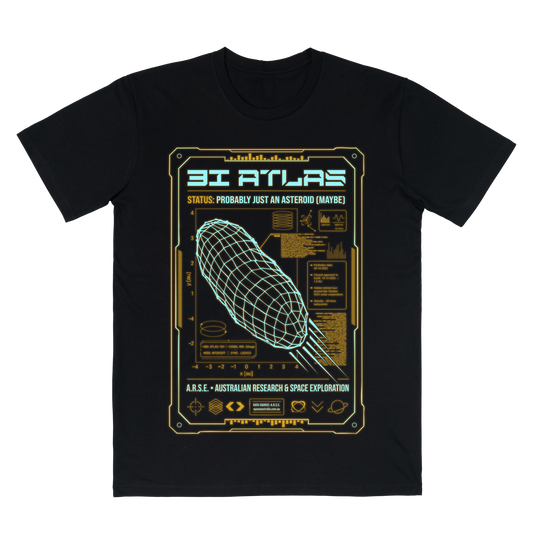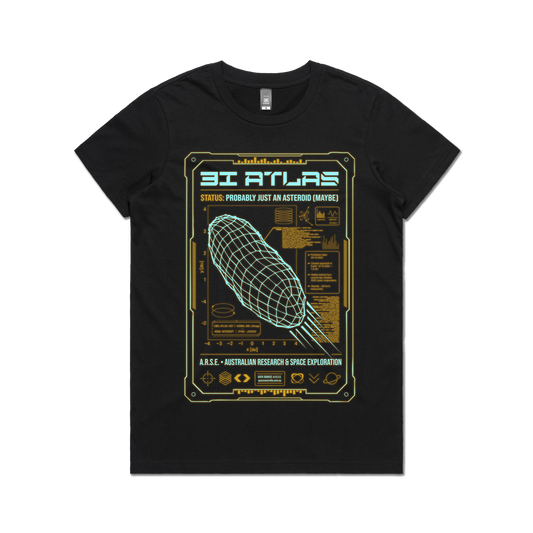
Amazon to launch Internet Satellites for another Artificial Constellation in 2022
Share
ABL Space System's new RS1 rocket will launch Amazon's first Kuiper satellite test.
The first two satellites for Amazon's huge Project Kuiper constellation will launch in 2022.
If all goes according to plan, KuiperSat-1 and KuiperSat-2 will launch from Florida's Cape Canaveral Space Force Station by the fourth quarter of next year, the company announced today (Nov. 2).
Amazon plans to build a constellation of 3,200 satellites in low Earth orbit (LEO) to test key technology for Project Kuiper.

"We've invented lots of new technology to meet our cost and performance targets for Project Kuiper. All of the systems are testing well in simulated and lab settings, and we’ll soon be ready to see how they perform in space," says Rajeev Badyal, vice president of technology for Project Kuiper.
"There is no substitute for on-orbit testing, and we expect to learn a lot given the complexity and risk of operating in such a challenging environment," Badyal said. "We can’t wait to get started."
KuiperSat-1 and KuiperSat-2 will go into orbit on the RS1, a rocket developed by ABL Space Systems. As part of the deal, Amazon will launch the early Project Kuiper launches with ABL.
According to its ABL specifications page, the 27-meter RS1 can launch 1,350 kilograms to LEO. ABL is charging US$12 million for each launch of the two-stage rocket. As of now, the RS1 hasn't flown, but ABL hopes to launch it from Alaska's Pacific Spaceport Complex by the end of 2021.
Amazon announced earlier this year that it had teamed up with United Launch Alliance to loft Project Kuiper on nine different launches.

The Kuiper Project isn't the only plan for a broadband constellation. SpaceX has already launched over 1,700 spacecraft for its Starlink network, which could eventually include tens of thousands of satellites. More than half of OneWeb's initial constellation of 648 spacecraft have been lofted.
The brightness of SpaceX's Starlink satellites has surprised and alarmed dark-sky advocates and professional astronomers. There will be measures taken by Amazon to minimise Project Kuiper's impact on the night sky.
"For example, one of the two prototype satellites will include a sunshade to help us understand whether it is an effective way to reduce reflectivity and mitigate its impact on ground-based optical telescopes," company representatives wrote in the same statement. "We will collect data to compare reflectivity between the two spacecraft and share any learnings with the astronomy community following the mission."




